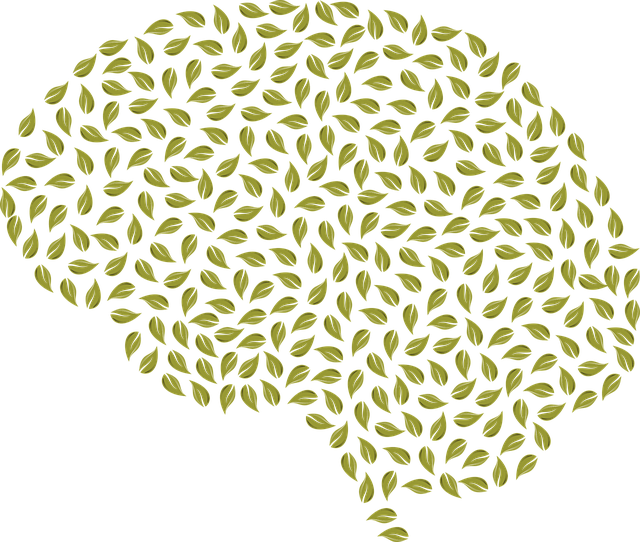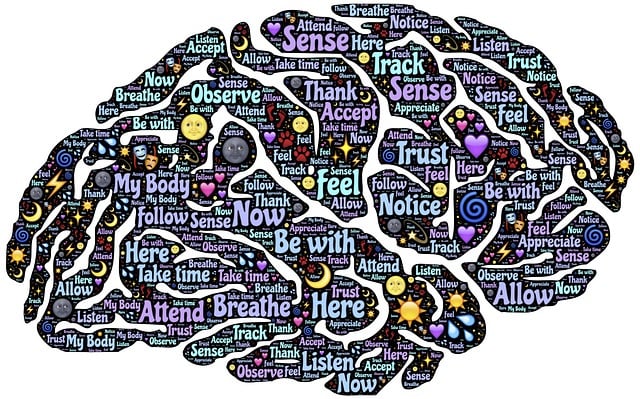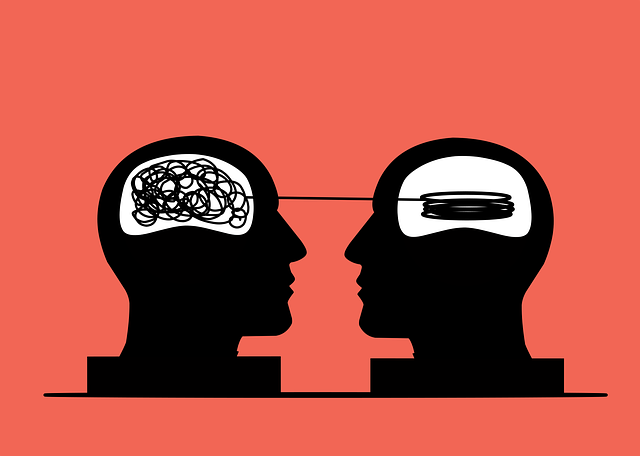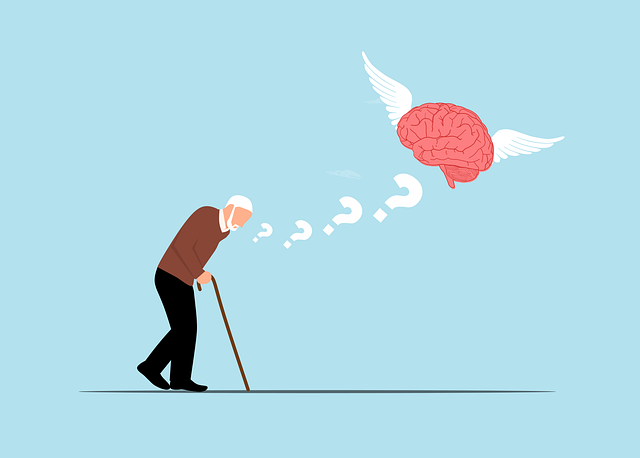Adult sexual addiction, a complex issue shrouded in stigma, severely impacts mental wellness, social, and professional lives, hindering access to essential therapy for adults sexual addiction. Mental wellness coaching offers a personalized approach, helping individuals regain control through self-awareness, setting boundaries, addressing underlying issues, and establishing sustainable self-care routines. Effective coaching programs integrate empathy, clear communication, CBT, and mindfulness in a non-judgmental environment, leading to profound transformations when tailored to specific addictions like adult sexual addiction.
Mental wellness coaching programs are emerging as powerful tools in addressing complex issues such as adult sexual addiction. This article delves into the critical role of mental wellness coaching in treating this often-stigmatized condition, offering a comprehensive guide on its impact and potential. We explore strategies for developing effective coaching programs tailored to support individuals on their path to recovery from adult sexual addiction, emphasizing evidence-based approaches for lasting transformation.
Keywords: Therapy for Adults Sexual Addiction, Mental Wellness Coaching.
- Understanding Adult Sexual Addiction: Its Impact and Stigma
- The Role of Mental Wellness Coaching in Treating Sexual Addiction
- Developing Effective Coaching Programs: Strategies for Support and Recovery
Understanding Adult Sexual Addiction: Its Impact and Stigma

Adult sexual addiction, also known as sexual compulsion or sexual dependency, is a complex and often misunderstood issue. It refers to an individual’s inability to control intense and recurring sexual impulses, leading to engaging in repetitive and compulsive sexual behaviors despite negative consequences. This addiction can significantly impact an individual’s mental wellness, causing severe emotional distress and relationship problems.
The impact of adult sexual addiction extends beyond the individual, affecting their social and professional lives as well. Stigma surrounding this issue often prevents individuals from seeking therapy for adults sexual addiction or crisis intervention guidance, leading to prolonged suffering. The road to recovery involves specialized treatment, including counseling, support groups, and behavioral therapy, which aim to address the underlying causes, manage cravings, and foster healthier coping mechanisms. By understanding and destigmatizing adult sexual addiction, we can encourage those struggling to access essential depression prevention resources and embark on a path toward improved mental wellness.
The Role of Mental Wellness Coaching in Treating Sexual Addiction

Mental wellness coaching plays a pivotal role in addressing and treating sexual addiction among adults, offering a unique approach to recovery. Unlike traditional therapy models, which often focus on the psychological aspects, coaches employ personalized strategies to help individuals regain control over their behaviors and emotions related to sexual addiction. By fostering self-awareness and self-care practices, mental wellness coaching programs aim to break down the stigma associated with mental illness, especially in cases of sexual addiction.
This supportive process guides clients through a journey of understanding their triggers, developing healthier coping mechanisms, and establishing meaningful boundaries. Coaches assist individuals in identifying underlying issues that contribute to the addiction, promoting self-reflection and personal growth. Moreover, they empower clients to create sustainable self-care routines as part of their mental wellness coaching, which is crucial for maintaining long-term recovery and overall well-being.
Developing Effective Coaching Programs: Strategies for Support and Recovery

Developing effective coaching programs for mental wellness is a multifaceted process that requires a deep understanding of human psychology and tailored strategies for support and recovery. These programs should be designed to foster an environment where individuals feel safe, supported, and empowered to address their challenges openly. One key approach involves integrating empathy-building strategies, such as active listening and reflective techniques, to strengthen the coach-client relationship. This bond is crucial for creating a space where clients can explore sensitive topics without fear of judgment.
Additionally, communication strategies play a pivotal role in successful coaching. Coaches should employ clear, concise, and non-judgmental language, encouraging clients to express their thoughts and feelings freely. Incorporating elements from evidence-based therapies like cognitive-behavioral therapy (CBT) or mindfulness practices can further enhance the program’s effectiveness. For instance, addressing specific issues like adults sexual addiction through tailored coaching sessions combined with a holistic approach that considers mental wellness can lead to more profound and lasting transformations.
Mental wellness coaching programs play a pivotal role in providing therapy for adults struggling with sexual addiction, offering tailored support and recovery strategies. By combining understanding, empathy, and evidence-based techniques, coaches create a safe space for clients to navigate the complexities of their addiction. Through comprehensive programs that address underlying issues and promote healthy coping mechanisms, these initiatives empower individuals to overcome challenges and achieve lasting well-being. This approach not only reduces the stigma associated with sexual addiction but also fosters personal growth and improved mental health outcomes.












